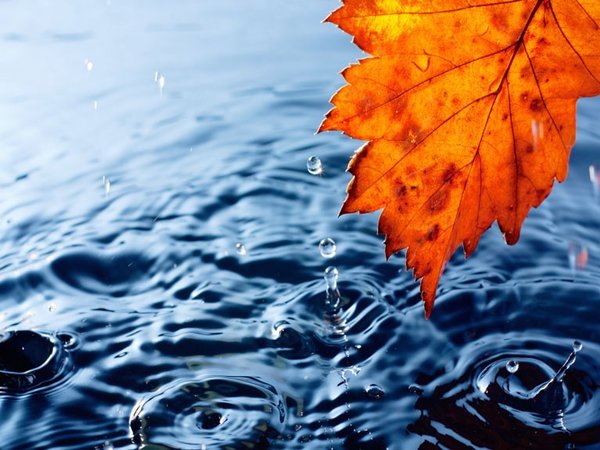Shop great deals on our online store! Shop now
Our Resources
HOW TO WINTERIZE A SWIMMING POOL
May 15/2021
The leaves are falling, kids are back to school, and sadly pool season is coming to an end. What should be done with the swimming pool in the off season? When is a good time to winterize? We’ll not only answer these questions, but teach you how to winterize and close a swimming pool properly. Here are a few factors to consider.
Consider your climate. Depending on the climate you live in, some pool owners might winterize their pool while others let it run year round. Don’t assume that everything you hear about winterizing and closing a swimming pool applies to your situation. In some regions winterizing the pool isn’t an option – it’s a must when temperatures reach negative 20 degrees. In other areas with mild winters some pool owners might not winterize at all. Take into consideration what the local pool professional recommends and the reasons why. If you’re not going to winterize the pool you will need to continue to test, balance, and clean it just as you normally would.

When is a good time to winterize and close a swimming pool? Watch the weather. Rather than sticking to a specific date on the calendar each year, take into consideration the local weather. If September is still hot and sunny then it’s much too soon to close the pool. Ideally a swimming pool shouldn’t be closed (no circulation, no filtration) for longer than 4 months. Keep in mind there are some exceptions to every rule. However, the longer a pool is closed the more likely it will develop algae and turn green. Without waiting until the last minute, it is often best to put off winterizing until much later in the season. If you have no plans of swimming in the cooler weather, simply turn off your heater, and only run your pump for 8 – 12 hours a day (or reduce the rpm’s on a variable speed pump). Doing so will save energy while keeping your pool clean and clear.
Are you a gambler? If you live in an area where temperatures drop below zero and you decide not to winterize your pool, then you are taking a gamble that everything will be alright. Still, we often get service calls to repair plumbing and pool equipment that has cracked from ice damage. After all, even running rivers will freeze over if it’s cold enough. Merely circulating your pool pump isn’t necessarily going to prevent freezing. Often a cold snap will strike without warning and by then it could be too late to protect your investment.
Don’t kill the pool heater! We often hear of customers that turn on the pool heater if the temperature approaches freezing. This is a big no no. When ice cold water comes in contact with a hot heat exchanger, condensation forms on the outside of the copper exchanger. This condensation is extremely corrosive and will eat away at that soft metal. This is how your heater develops a leak. Using your heater to thaw your pool will drastically shorten the life of the heater.
Of course if you really want to make life simple contact us. Winterizing and closing a pool properly will help you have peace of mind no matter what the winter may bring.
More online client services than any other Pool/Spa Dealer
Discover Now
We make backyard dreams come true in Virgina Beach, VA! Providing high quality products and service at competitive prices is our mission. We are the leaders in the swimming Pool and Hot tub industry, offering everything from installation to service. We offer a wide variety of hot tub chemicals and accessories, pool pumps, filters, heaters, cleaners, liners, covers and much more. Come visit our showroom and see why we rock.
155 S. Rosemont Road
Virginia Beach, VA 23452
(757) 490-7727 Local
(888) 313-7727 Toll Free
(757) 490-2292 Fax
Virginia Beach, VA 23452
(757) 490-7727 Local
(888) 313-7727 Toll Free
(757) 490-2292 Fax
Monday - Saturday 10am - 6pm
Sunday Closed
Sunday Closed
Copyright © Innovative & Spas. All rights reserved.
Privacy Policy |
Terms and Conditions |
Sitemap
Powered by Forinsite Insuite Suite for Pool/Spa Dealers
Powered by Forinsite Insuite Suite for Pool/Spa Dealers


